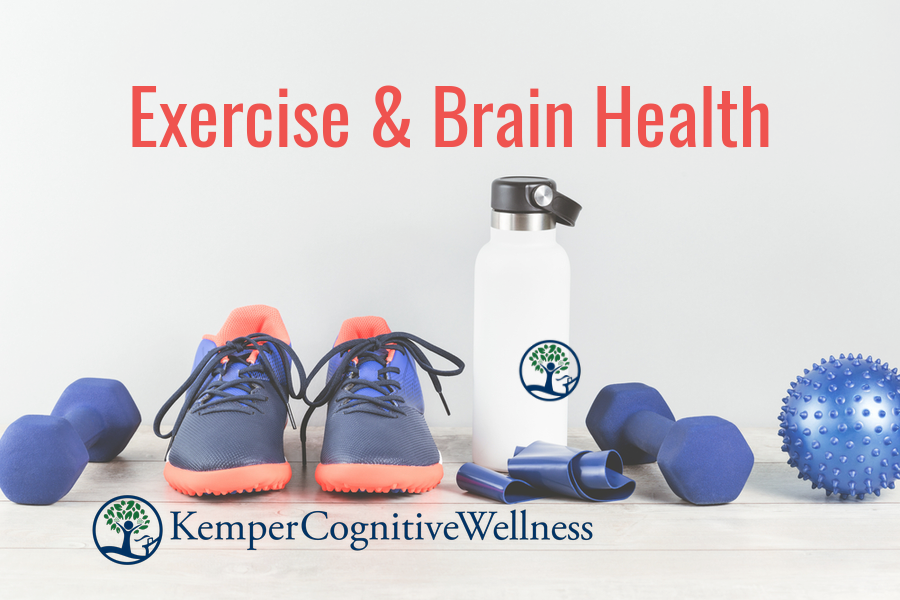By Alison Connors, FMCHC, NBC-HWC, CBHT
Get moving to trim the fat and beef up your brain!
Exercise is a non-negotiable part of good health, but that doesn’t have to mean logging hours at the gym or forcing yourself to go on a run.
There are so many benefits of movement that go far beyond the usual cardiovascular effects and weight management we tend to focus on. It’s actually an essential piece to maintaining prime cognitive function throughout life.
The World Health Organization recently released a review of top interventions to prevent dementia and slow cognitive decline. Nutrition, sleep, and stress management were all included, but EXERCISE was at the top of the list!
The brain benefits of exercise go beyond disease prevention. Research shows that:
- people who exercise have greater brain volume in areas of the brain associated with reasoning and executive function
- increased aerobic capacity boosts brain structure, function and cognition
- exercise can also improve mood
- exercise can prevent or diminish the impact of brain changes on cognition
Exercise is the full package!
Exercise likely improves brain health through a variety of ways. It makes the heart beat faster, which increases blood flow to the brain. This blood delivers oxygen—a good thing, since the brain is the biggest consumer of oxygen in the body. Physical activity also increases levels of brain-derived neurotrophic factor (BDNF), a protein which is known to help repair and protect brain cells from degeneration as well as help grow new brain cells and neurons.
For substantial health benefits, adults should do at least 150 minutes (2 hours and 30 minutes) to 300 minutes (5 hours) a week of moderate-intensity, or 75 minutes (1 hour and 15 minutes) to 150 minutes (2 hours and 30 minutes) a week of vigorous-intensity aerobic physical activity, or an equivalent combination of moderate- and vigorous-intensity aerobic activity. Preferably, aerobic activity is spread throughout the week. An example of moderate intensity would be brisk walking, indicated by slight difficulty in holding a conversation.
Improving fitness levels and doing different types of exercises enhance brain function, structure and cognition, but new research shows dual tasking (combining physical exercise with brain stimulation) is found to be even more effective in targeting different areas of the brain. Combining mental and physical activities 1-2 times a week for 6 months has been shown through Neuroimaging studies to increase activity in the brain specifically in the areas of organization, decision making, planning, and memory.
Interested in participating in a dual tasking class? Kemper Cognitive Wellness is offering Brain Boot Camp classes at 3 convenient Cleveland westside locations this fall: Avon, Rocky River and Westlake. Click here to learn more and sign up!





